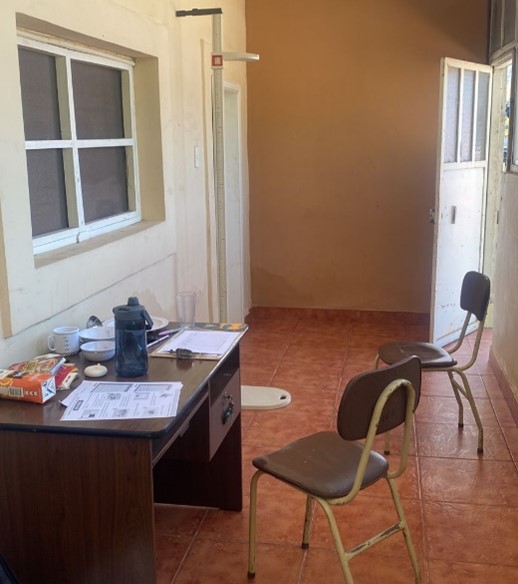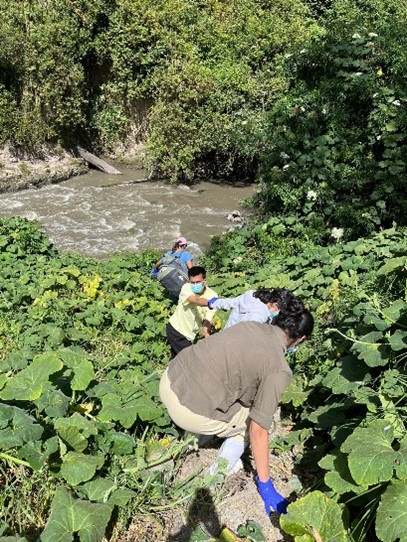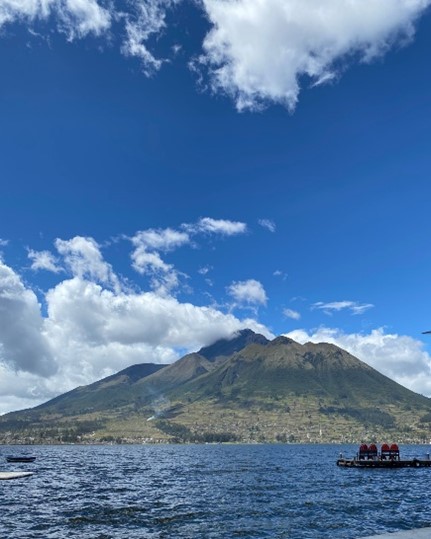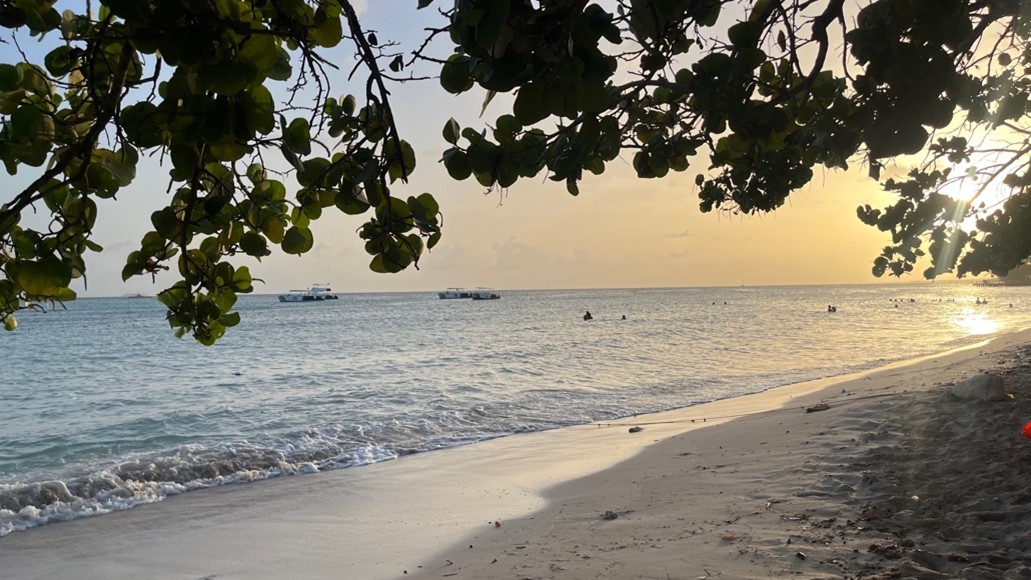I am completing my practicum with Ipas LAC. Ipas LAC addresses reproductive health and justice needs throughout Latin America and the Caribbean. The team I am working with is specifically addressing access needs along the US-Mexico border. Before pursuing a Global Health MPH at Gillings, I was a medical assistant and trainer in reproductive health clinics in San Diego. This practicum has allowed me to build on my previous experience addressing the reproductive health needs of border populations by utilizing the skills I gained in the first year of my MPH. My Ipas LAC teammates are primarily Spanish speaking, and this has been my greatest personal challenge through the practicum. Though I have worked with Spanish-speaking patients in the past, working and collaborating in Spanish almost exclusively has been a new challenge. The team I work with is international, hailing from Central and South America and Mexico. Working with such a diverse team has been a unique learning opportunity. I have applied many skills I learned throughout the previous school year, particularly communication skills and decentering my cultural perspective.
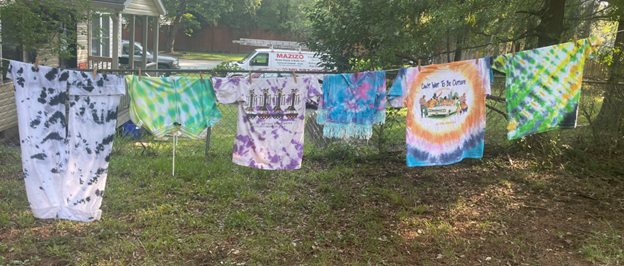
So far in my practicum, I have had the privilege of meeting with multiple teams of community leaders. Together we have strategized about feasible and appropriate resource allocation in the region to maximize patient safety and access.
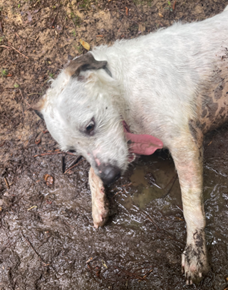
Outside these meetings, I have primarily been improving existing English language resource materials for clarity and accuracy. This has been a more sensitive project than I first anticipated because of the challenge of maintaining the voice of the original Spanish language materials through translation. I am also cognizant of the variety in educational attainment and English proficiency of potential utilizers of the resources. As the border is a culturally diverse region, I know that non-native English or Spanish speakers may still seek English language materials. I am careful to ensure that materials are accessible to non-native English speakers through clear visualizations and simple language. Ipas LAC places a particular emphasis on de-stigmatization and encouraging self-sufficiency in their materials. As someone who has previously worked in highly regulated clinical settings, the less institutionalized perspective that professionals outside of the United States bring to access efforts has expanded my understanding of possible avenues of intervention.
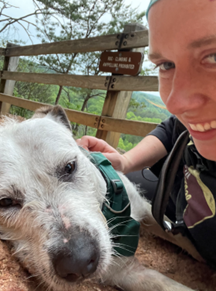
When not working on my practicum or my other research work, I am trying to get to know North Carolina better. Most evenings, I take my dog for a run or a bike ride, which he loves. Unfortunately for my car’s interior, his favorite thing to do in the heat is roll in whatever mud puddle he can find. I’ve also thrown a couple of bonfires and done some tie-dying with friends this summer.
– Maddy


